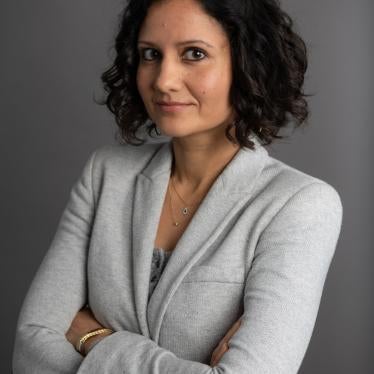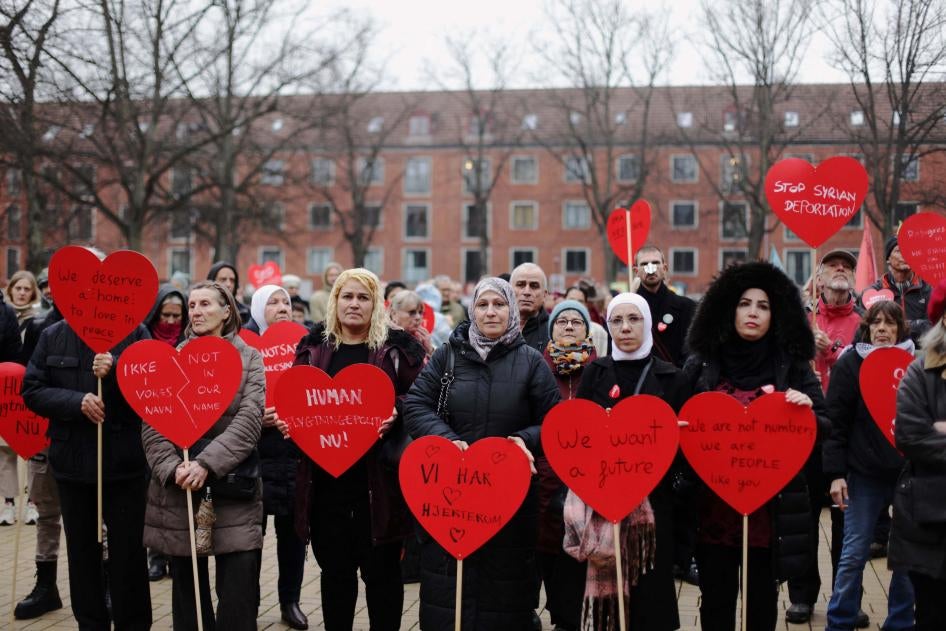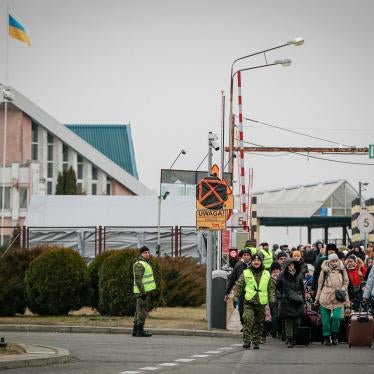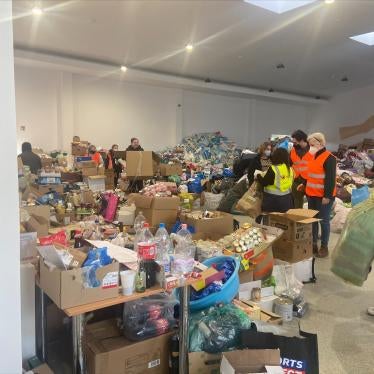Shortly after Russia’s latest invasion of Ukraine, the Danish Immigration Service reportedly asked Denmark’s 98 municipalities to assess their capacity to take in Ukrainian refugees. This same agency recently began stripping Syrian refugees of their residency permits in a bid to force them back to Syria, asserting that parts of Syria are safe.
Last week, I participated in a press conference in Copenhagen to show why the decision to remove temporary protection for Syrian refugees that come from Damascus or the Damascus Countryside area was wrong. We presented recent Human Rights Watch findings that show Syrians continue to face danger and a devastated country, thanks in part to the same Russian forces now responsible for international humanitarian law violations in Ukraine. The irony was palpable. In the last few years, Denmark has been to the forefront among European countries to enact pernicious laws and policies designed to deter people from seeking asylum. It has a self-declared zero-asylum policy. Chief among these is the so-called “jewelry law” – a measure which allows the government to seize asylum seekers’ assets, including their jewelry, to fund their stay in the country. The Danish government has clarified that Ukrainian refugees will be exempted from this law.
In a reversal that Denmark is not alone in pursuing, the country has justified its open-door policy for Ukrainian refugees because of the proximity of the war and the fact that Ukraine is a “European neighbor.”
While the Danish response to Ukrainian refugees is commendable, invoking European solidarity does not justify the mismatched treatment for Syrian refugees, some of whom have been stripped of their basic rights and forced to stay in deportation centers, where they are left in agonizing limbo with the choice to live deprived of the right to work and get an education, or return to Assad’s Syria.
There is no such thing as a “bad” refugee; Denmark’s unequal treatment of predominantly Black and brown non-Christian and non-European asylum seekers risks perpetuating this myth. Denmark should use this moment to rein back some of its most restrictive asylum policies, reinstate temporary protection for all Syrian refugees, and widen its embrace of Ukrainian refugees to include others as well. Anything less will result in a two-tiered system that discriminates among refugees for no objective reason.










